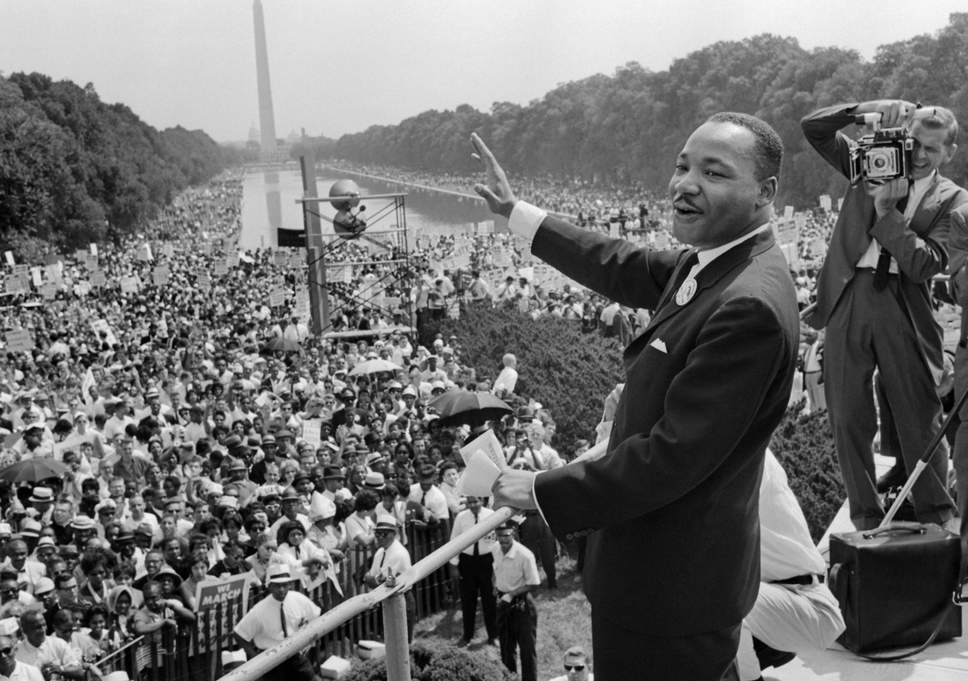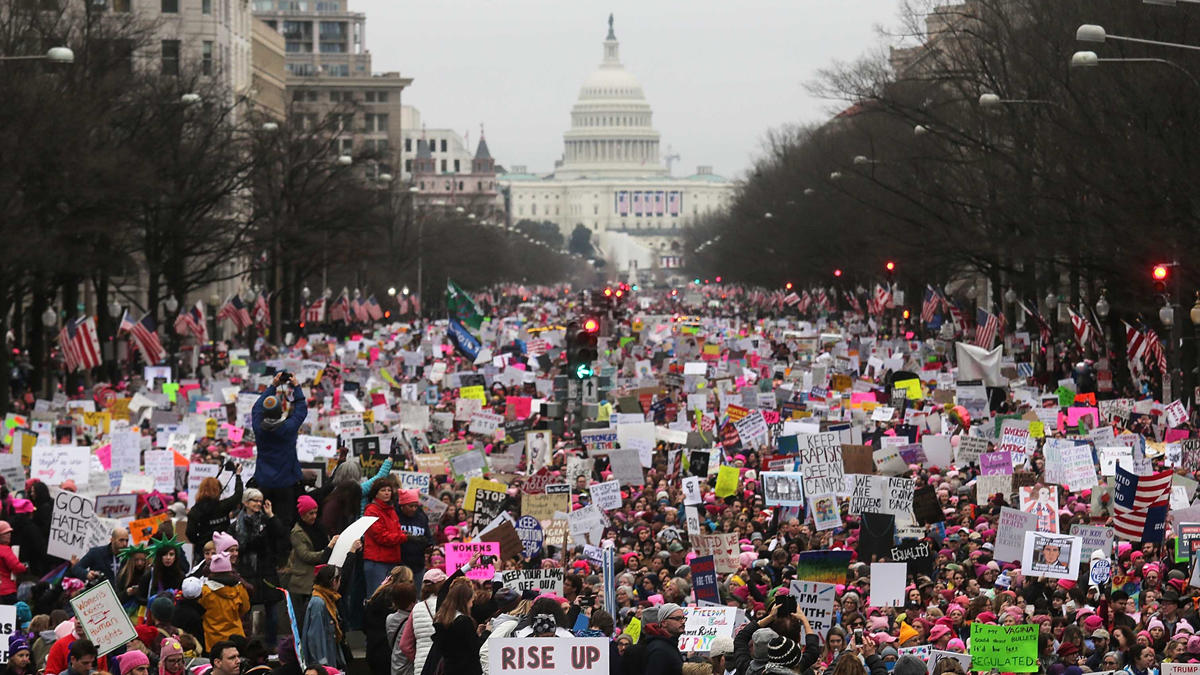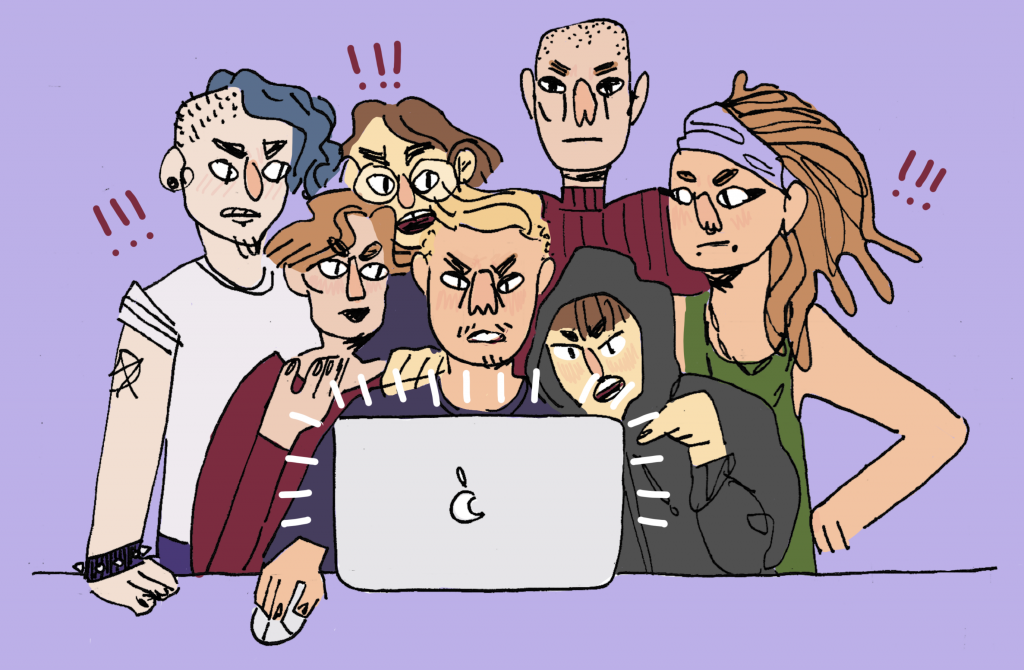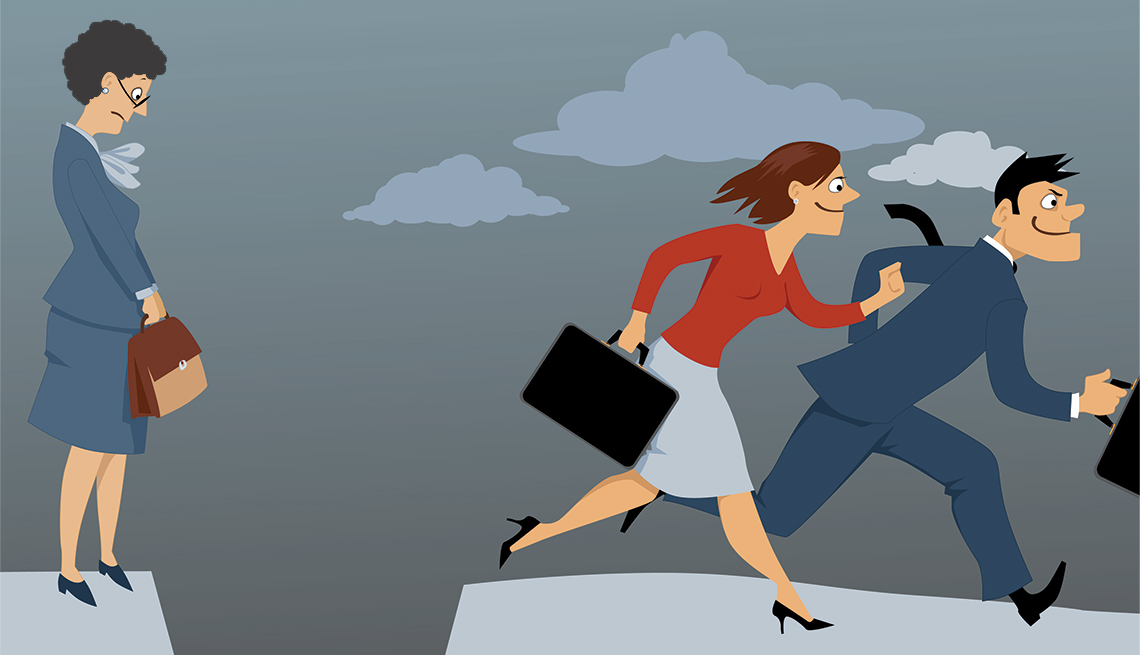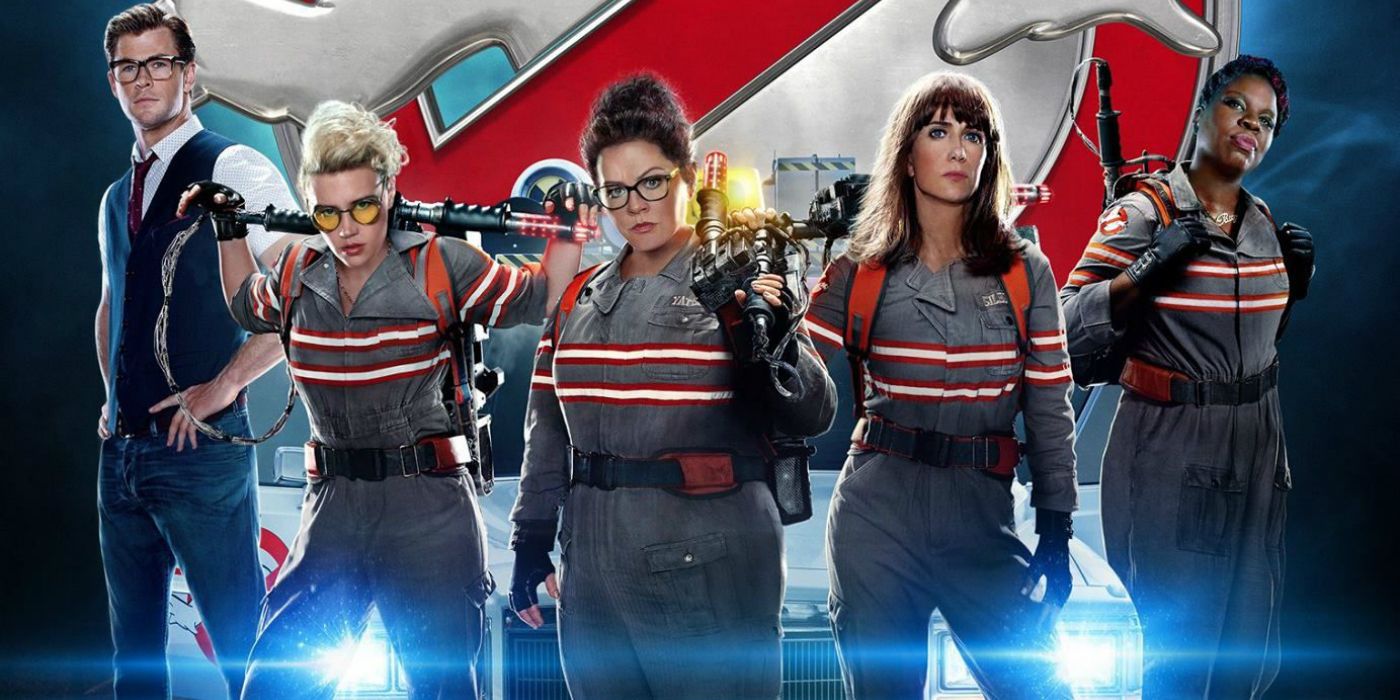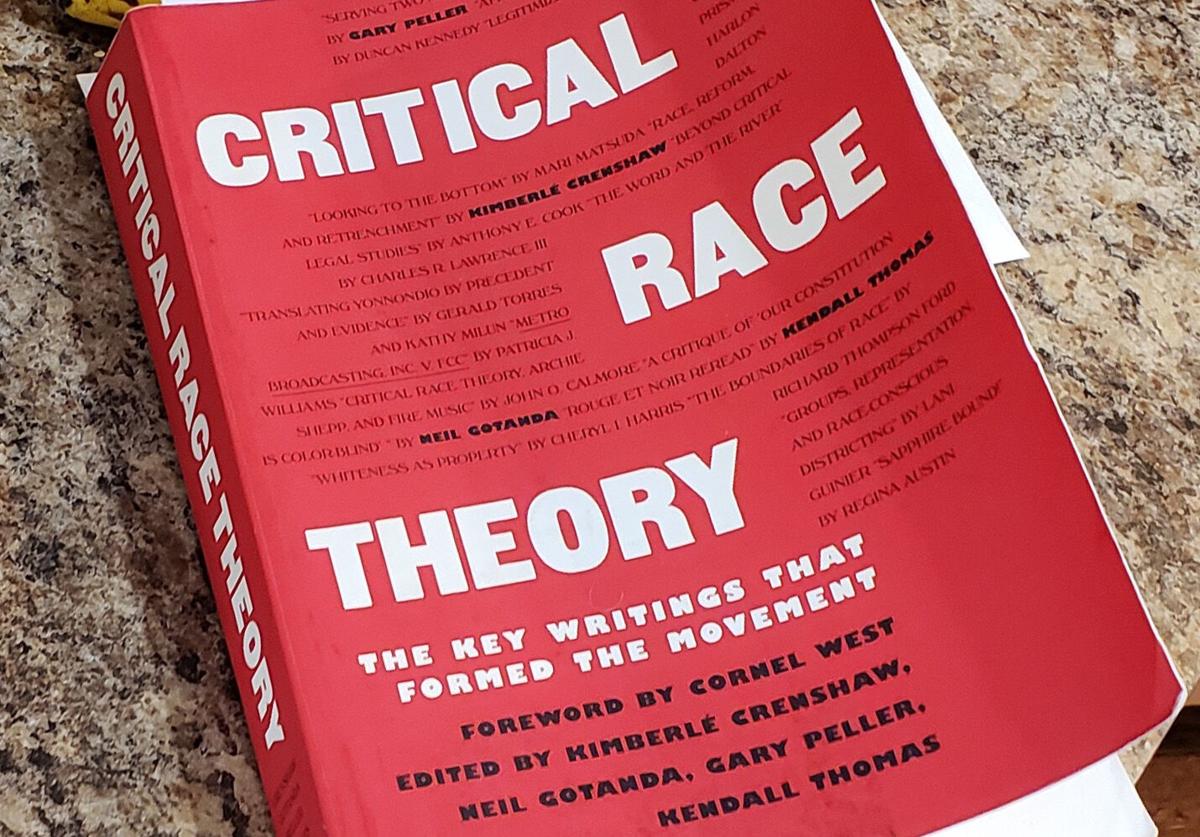
In general, I try not to wade into a hot button political topic until the rhetoric has become less heated. I think it’s rarely productive to throw your voice into the fray when everyone is still shouting their talking points at the top of their lungs. I know I’ve weighed in on political issues in the past, but I’ve tried to do so from a broader, bigger picture perspective.
Sometimes, though, it’s too hard to wait for everyone to stop shouting. In certain instances, the extent of that shouting is symptomatic of a larger mentality. It’s not just about the topic that’s relevant. It’s the general sentiment, passions, and feelings surrounding it.
Not too long ago, it was social justice and feminism.
Before that, it was same-sex marriage.
Before that, it was civil rights and sex discrimination.
Go back far enough and you’ll see similar discourse. When an issue is very relevant, it brings out both heated rhetoric and the prevailing attitudes of the time.
Today, I get the sense that Critical Race Theory has become that issue. Whenever people talk about it, their political tribalism rears its head and it’s neither subtle nor pretty. While I don’t doubt this issue will eventually pass to make way for the next one, it’s something worth touching on.
At its core, the particulars of Critical Race Theory aren’t that radical. If you look it up on Wikipedia, it doesn’t sounds wholly unreasonable. It’s simply a study to evaluate how social, culture, and legal traditions have impacted larger institutions and social systems.
As a social science, it’s hardly revolutionary. These are concepts that social scientists have been studying for decades. The main difference with Critical Race Theory is its emphasis on race, especially those pertaining to the African American community. After what happened with the murder of George Floyd in 2020, it only grew in relevance.
Now, I’ve stated before that we, as Americans, should not avoid the less flattering parts of our history. Acknowledging past mistakes doesn’t make you any less patriotic. It just offers a larger perspective towards certain American ideals.
However, that’s a point that those protesting Critical Race Theory don’t seem to harbor. Ever since the George Floyd protests erupted last year, this theory has been attacked and protested on multiple levels. In general, I try to sympathize and empathize with the passions of these people. They are my fellow Americans, after all. I believe they have a right to voice those passions.
At the same time, I cannot help but groan and cringe. I also genuinely wonder if they understand the full implication of what they’re arguing.
It’s true that Critical Race Theory has some distressing implications. Beyond acknowledging America’s racist past, it further complicates efforts to create a more just society. Addressing the transgressions of the past is not as simple as passing a few pieces of landmark legislation.
The system, as it functions now, is still very flawed. Fixing it may require greater effort, as well as a larger cost. Many people, who likely believe in themselves to not be racist, are bound to have a problem with that. They see it as an agenda, one that will label them and their children as a racist by default.
Whether or not that’s a reasonable concern is beside the point. I won’t claim to know what those protesting Critical Race Theory are truly thinking. I’m not psychic. However, in reviewing all this heated discourse, I’d like to offer a simple question to these people. It’s a sincere question and one I ask you consider seriously.
Why do you oppose teaching or discuss one particular idea over the other?
With that in mind, take a step back and look at this without Critical Race Theory being the main subject. Now, take a moment to appreciate what you’re asking of society, at large. You’re saying this idea that you think is wrong or flawed should not be discussed.
Even if you think it shouldn’t be discussed outside certain fields, you’re still making a statement. This is a dangerous idea and it shouldn’t be discussed, especially with children. Even in a country like America, which espouses the value of free speech, you’re arguing for an idea to be censored or suppressed.
Now, I don’t doubt there are some horrible ideas out there. Some are legitimate precursors to violence. That’s why organizations like the Ku Klux Klan are rightly vilified and prosecuted. Except, Critical Race Theory is nothing like that. So why, in that context, does it warrant so much outrage? Again, it’s a sincere question and I’d like to get a sincere answer. Please explain your reasoning in whatever way you see fit.

